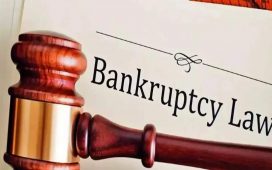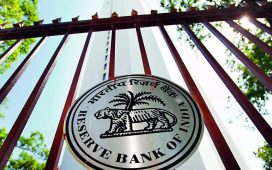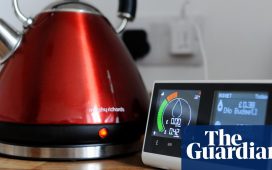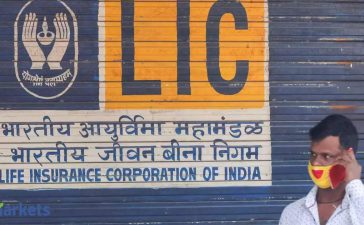
Inflation jumped to 10.4 per cent in February after falling for three consecutive months, official figures show. The rate of Consumer Prices Index inflation was up from 10.1 per cent in January, the Office for National Statistics said.
The surprise figures come after the Bank of England said last month that it believed inflation – or rising prices – had peaked after rising sharply for months, with a high of 11.1 per cent late last year.
Analysts still expect inflation to fall over the course of 2023 as sky-high energy bills – the main driver of inflation – start to come down with falls in gas and electricity costs.
Most economists were expecting CPI to decrease to 9.9 per cent in February and say the surprise rise was due to a shortage of vegetables pushing up the price of food and alcohol prices in pubs and restaurants rising after discounting in January.
The government has set a target of halving inflation by the end of the year but economists have warned Britons facing a “two-year living standard squeeze” as a result of tax rises and higher-than-average energy bills persisting.
The Office for Budget Responsibility (OBR) said following the Spring Budget that people are expected to face the biggest fall in living standards on record, with real households’ disposable income per person due to tumble 5.7 per cent between 2022/23 and 2023/23.
In November 2022, CPI inflation hit 11.1 per cent, the highest mark since October 1981.
Gas and electricity prices were seen to drive November’s overall rise, with food prices experiencing the largest increase since 1977 and the cost of living squeeze remains voters’ main concern.
After revealing that CPI inflation hit 10.4 per cent in February, ONS chief economist Grant Fitzner said: “Inflation ticked up in February, mainly driven by rising alcohol prices in pubs and restaurants following discounting in January.
“Food and non-alcoholic drink prices rose to their highest rate in over 45 years with particular increases for some salad and vegetable items as high energy costs and bad weather across parts of Europe led to shortages and rationing.
“These were partially offset by falls in the cost of motor fuel, where the annual inflation rate has eased for seven consecutive months.”
UK inflation shot up unexpectedly last month as vegetable shortages pushed food prices to their highest rate in more than 45 years, according to official figures (PA)
(PA Archive)
Alpesh Paleja, the CBI’s lead economist, said that “while inflation rose in February, the outlook for the months ahead is looking more benign”.
“But while we expect inflation to fall back over this year, the firmness in domestic price pressures is something that the Bank of England will be keeping a close eye on.
“And despite further falls over the coming months, this year will still be a high-inflation environment for both households and businesses.”
Shadow chancellor Rachel Reeves said: “The reality is that under this Tory government, families are feeling worse off and nothing is working better than it did 13 years ago.
“The cost-of-living crisis is still biting hard and taxes are rising, yet the government chose to use the Budget to hand a £1 billion bung to the top 1 per cent.
“Labour will stand with working people and with our mission to secure the highest sustained growth in the G7, make families across every part of our country feel better off.”
Chancellor Jeremy Hunt said that “falling inflation isn’t inevitable”, following the latest inflation figures.
“Falling inflation isn’t inevitable, so we need to stick to our plan to halve it this year,” the chancellor said.
“We recognise just how tough things are for families across the country, so as we work towards getting inflation under control we will help families with cost-of-living support worth £3,300 on average per household this year.”











